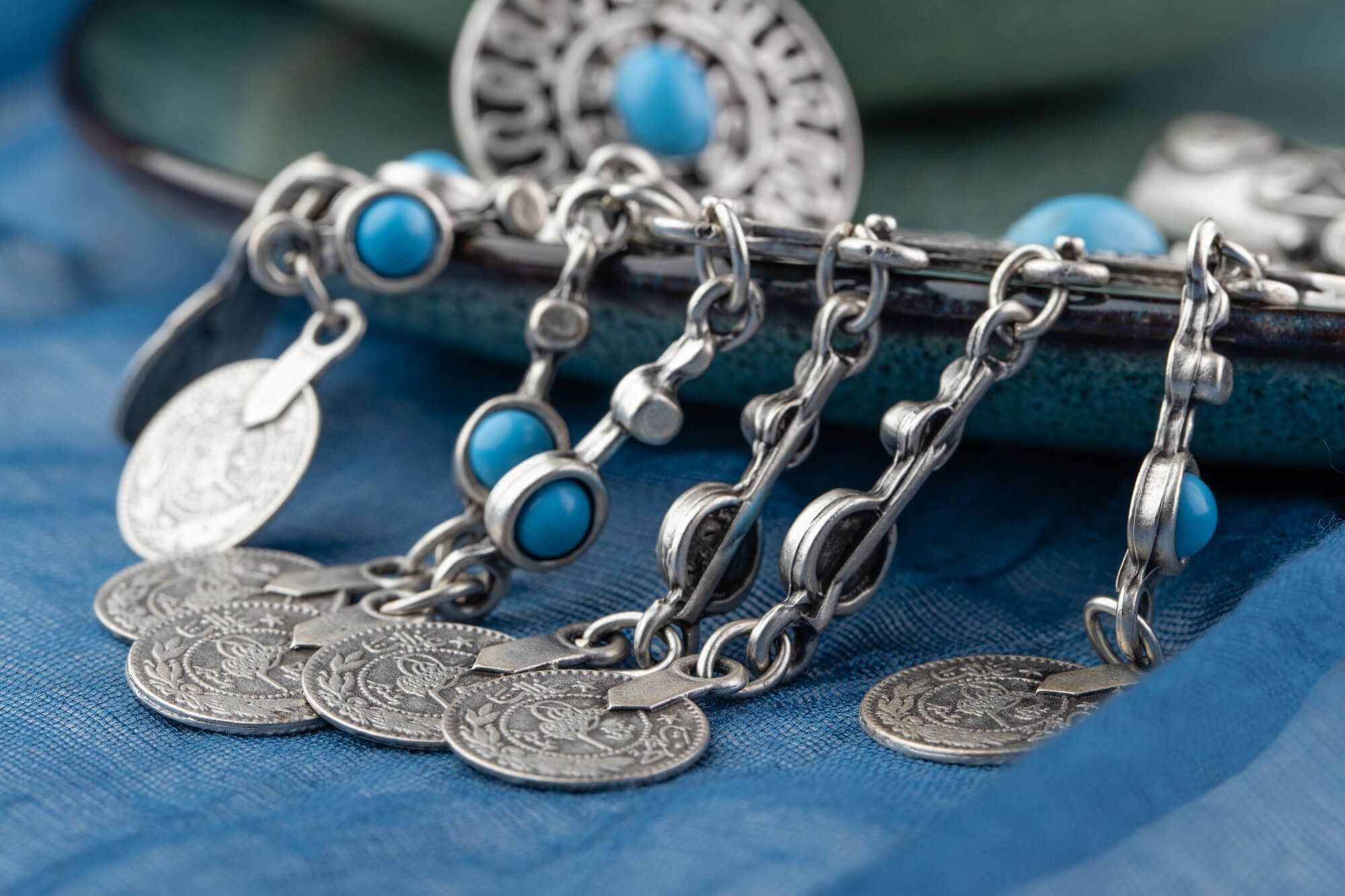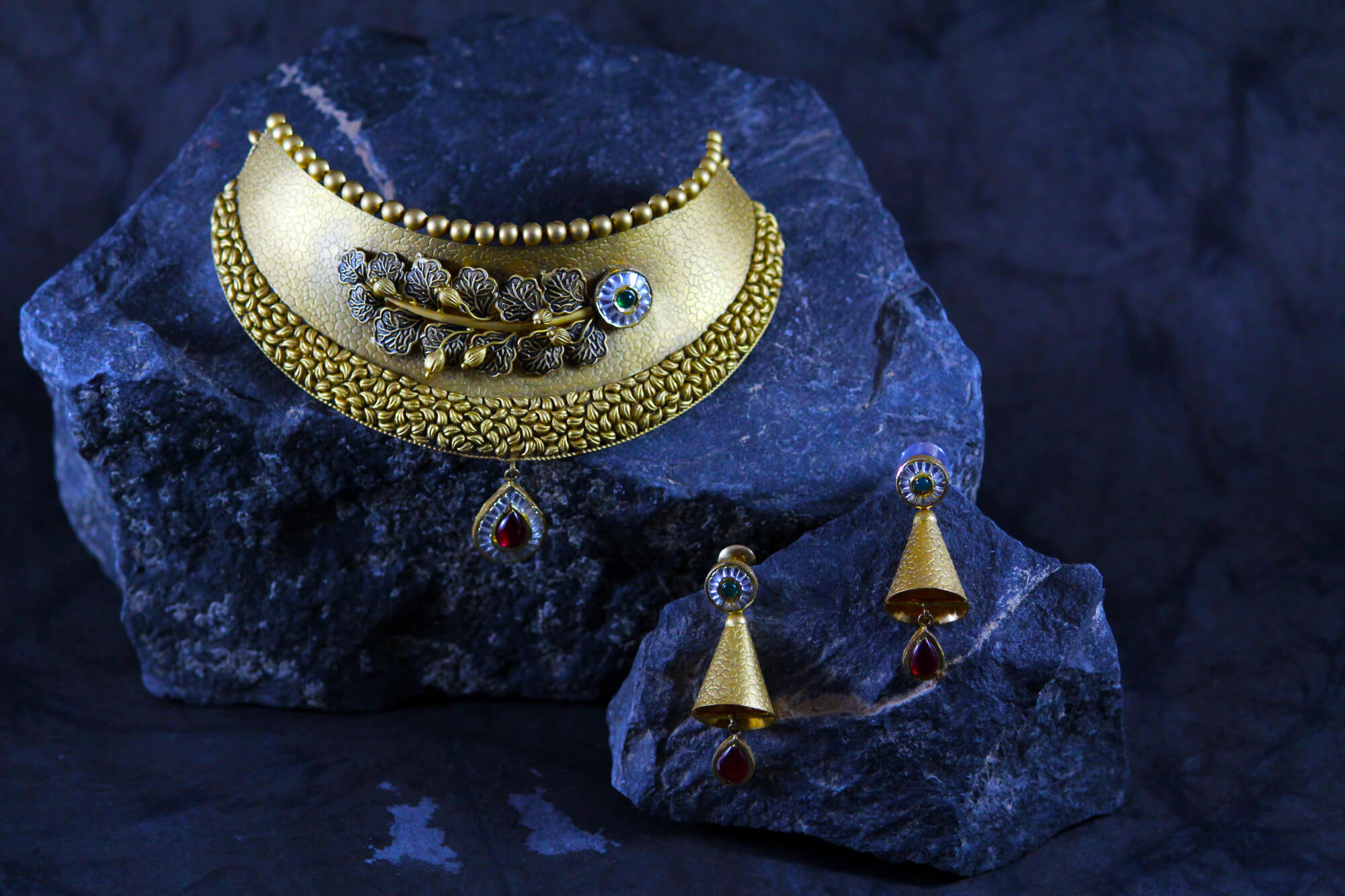Allergy to silver jewelry: prevention and treatment


Irina Makarova
Silver allergy: causes and symptoms
Silver allergy is a rare occurrence, but it can cause a lot of trouble. In this article, an experienced allergologist will explain the causes, symptoms and treatment of allergies to silver, and give advice about prevention and jewelry selection.
Why are you allergic to silver?
Silver allergies arise because of the immune system's hypersensitivity to the metal. In fact, pure silver rarely causes allergies, but in most cases silver jewelry contains impurities such as nickel or copper, which can cause allergic reactions. Regular contact with the metal, such as wearing a silver ring or earrings, increases the likelihood of having an allergy to silver.
What are the symptoms of silver allergy?
Symptoms of silver allergy can manifest themselves in different ways, depending on the individual characteristics of the body. Here are some of them:
- Reddening of the skin and itching at the site of contact with the metal.
- Swelling and skin irritation.
- Freckles or spots on the skin.
- Pustules and inflammation.
- Dry and flaky skin.
Diagnosis of silver allergy

To diagnose a silver allergy, the allergist first performs a detailed examination and finds out the patient's history. He then prescribes tests to confirm the diagnosis.
There are several tests to determine silver allergy, such as:
- Probe test: this is a simple and safe test that involves putting a silver probe on the skin for a short time to check for a possible reaction.
- Patch test: special patches with preparations containing different metals, including silver, are placed on the patient's skin. After a certain amount of time, the patches are removed, and the doctor evaluates the reaction of the skin.
- Blood tests: In some cases, the doctor may order a blood test for antibodies to the metal to confirm a silver allergy.
Silver allergy treatment

Treatment for silver allergy consists of eliminating contact with the allergen and symptomatic therapy. Recommendations include:
- Removal of silver jewelry that causes the allergy.
- Use of antihistamines (such as Suprastin, Tavegil, or Zyrtec) to reduce itching and redness of the skin.
- Use of topical corticosteroids (e.g., Hydrocortisone or Flucinar) to relieve inflammation and swelling.
- In case of skin infection, prescription of antibiotics and antifungal drugs.
What skin care products can I use if I have a silver allergy?
Hypoallergenic skin care products are recommended for silver allergies, such as:
- Moisturizing creams and lotions for dry and sensitive skin, such as Bepanthen or La Roche-Posay.
- Gentle cleansers without harsh ingredients or fragrances, such as Cetaphil or Avene.
- Creams and gels with aloe vera or panthenol to heal and soothe irritated skin.
Silver allergy prevention
To prevent silver allergies, the following precautions should be observed:
- Avoid contact with silver jewelry if you know or suspect you have a silver allergy.
- Choose jewelry made from hypoallergenic materials such as stainless steel, titanium or high-grade gold.
- Clean your silver jewelry regularly to remove possible allergens and bacteria.
In conclusion, silver allergies are infrequent, but can cause discomfort and problems for those who suffer from them. It is important to know how silver allergies manifest themselves and why they occur so that you can avoid the discomfort of wearing a silver ring, earrings or other jewelry.
By following all of your allergologist's recommendations and taking care of your skin, you can avoid the unpleasant effects of silver allergies and enjoy beautiful jewelry without worrying about your health.
New materials
Popular Articles
We recommend reading
Contact us in the Contact Us section to ask questions, offer ideas, or for more information about our allergy resource.
Our articles are your trusted source of allergy knowledge. Learn how to make life with allergic reactions easier on our specialized portal.
©
Lechenie-Allergii.com. All rights reserved.
© Lechenie-Allergii.com. All rights reserved.
The information on this site is for informational purposes only and is not a substitute for professional medical advice. We recommend consulting with qualified medical professionals for accurate information and advice.
 English
English  Українська
Українська  Русский
Русский 









